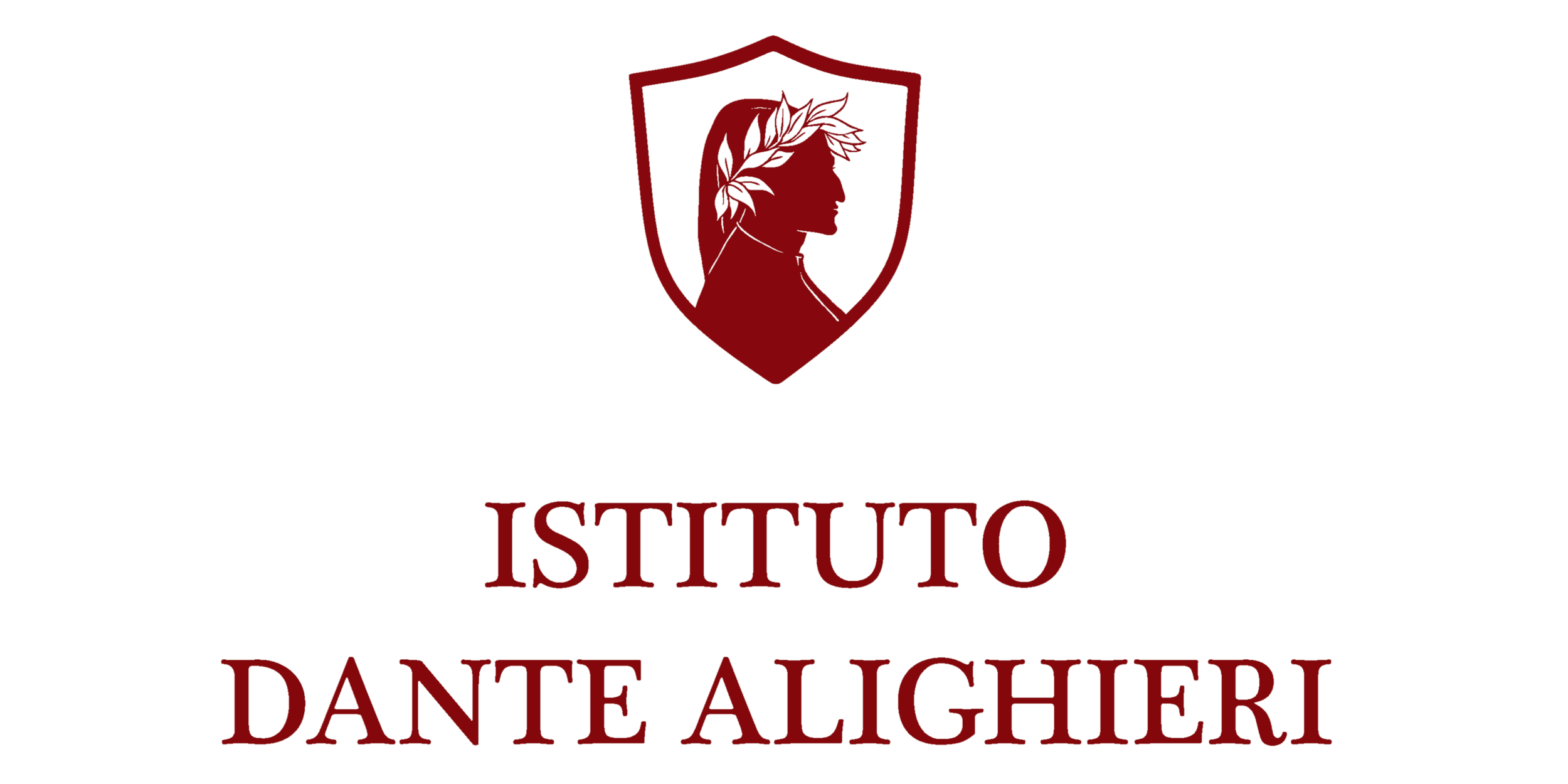Stanford Health Care Now - Pandemic an opportunity to ‘build a better world,’ Huffington says
Arianna Huffington, the founder of Thrive Global, spoke with School of Medicine Dean Lloyd Minor about self-care during the pandemic.
By Mandy Erickson
The COVID-19 pandemic has elevated our stress levels and affected our sleep, said Thrive Global CEO Arianna Huffington, but it has also provided us with an opportunity to take better care of ourselves.
“Let’s not waste this crisis,” she said. “Let’s bring about the fundamental changes that were always needed.”
Huffington spoke with Lloyd Minor, MD, dean of the School of Medicine, during StanfordMed LIVE on Sept. 24. Minor and Huffington discussed problems the pandemic has engendered, including isolation, a lack of work-life balance, the separation of children from their peers, and conflict with family members.
“Over the past seven months, the COVID-19 pandemic has threatened not only our physical safety and health; it has also exacted an enormous mental toll,” Minor said. He noted that a Kaiser Family Foundation survey found that more than half of Americans surveyed said the pandemic had negatively impacted their mental health.
While the pandemic has raised stress levels, Huffington pointed out, many Americans were already feeling overwhelmed. As she told Minor, she was inspired to found Thrive Global by her 2007 experience of collapsing at her desk from exhaustion and sleep deprivation while working as editor-in-chief of The Huffington Post. Afterward, she began researching burnout and resilience, which led her to start Thrive Global in 2016. The mission of the enterprise is to help companies reduce employee stress through behavior-change technology. “The pandemic really has accelerated everything around this mission,” she said. Helping people recognize their stress triggers “is more needed at this moment than ever before.”
Microsteps
Workplace leaders can help employees tackle COVID-related stress by sharing their own struggles as well as the tactics they’re adopting to improve their mental resilience, Huffington said. “That gives the rest of the employees cultural permission” to do the same.
Minor said that playing the cello during the pandemic is part of what keeps him resilient. Huffington approved: “The fact that you are taking time to play the cello makes you a better dean,” she said.
Interviewing employees to learn the challenges they’re facing can also help leaders, she said. “Often, just expressing these challenges and clarifying the needs makes a big difference. If there’s no space for that expression, it becomes much harder.”
She added that individuals who are feeling overwhelmed can take “microsteps” — small changes in routine that she says are “too small to fail” — such as turning off cellphones before going to bed and setting a limit on media consumption.
Huffington also pointed out that with children and parents together at home, much of the mental burden is falling on women. “We’re still culturally inclined to have men say, ‘How can I help?’ instead of ‘How can I own this?’” She suggested that parents approach divvying up housework and child care as they would if they were work colleagues.
‘An opportunity to reimagine’
As the two discussed the effects that isolating at home is having on children, Huffington noted that it’s unknown how “this unprecedented experiment” will affect their mental health and social skills. “Already, we have a terrible problem of parents pushing their children to overachieve, to get into a good school, and the impact that was having on their stress levels,” she said.
Now, she said, parents are taking time to consider what matters in life, and how to bring that to their children instead of the “constant stress of pushing them to overachieve.”
As for the future of self-care and resilience, she said, “I would love us to see this pandemic as a portal and, as we get through this, we see it as an opportunity to reimagine and build a better world, leave behind the things that were not working.”

